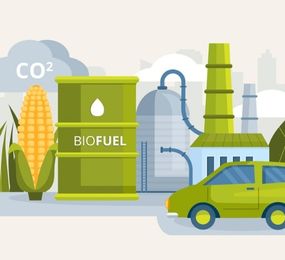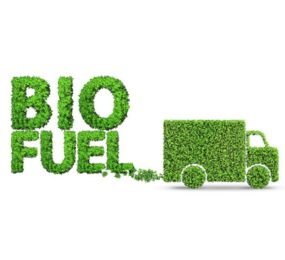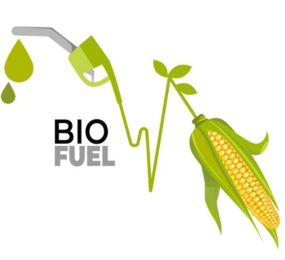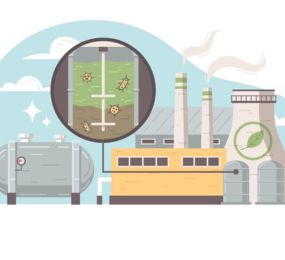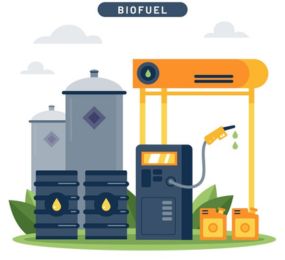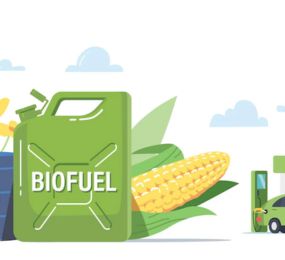Sustainable aviation fuels (SAFs) represent a promising solution to mitigate carbon emissions in the aviation industry. Derived from renewable sources such as biomass, algae, and waste oils, SAFs offer a cleaner alternative to conventional jet fuels.
One of the key benefits of SAFs is their ability to significantly reduce greenhouse gas emissions compared to traditional fossil fuels. When combusted, SAFs release fewer carbon emissions, contributing to lower overall carbon footprints for airlines and the aviation industry as a whole.
Challenges remain in scaling up production and ensuring cost competitiveness with conventional jet fuels. However, ongoing research and technological advancements are driving progress in SAF production processes, making them increasingly viable and cost-effective.
The adoption of SAFs by airlines and aviation stakeholders is crucial for accelerating the transition to a more sustainable aviation sector. Policy support and industry collaboration are essential for incentivizing SAF uptake and driving investment in sustainable aviation fuel infrastructure.
As the aviation industry strives to reduce its environmental impact, sustainable aviation fuels offer a promising pathway towards achieving carbon neutrality. By embracing SAFs, airlines can play a proactive role in addressing climate change while ensuring a sustainable future for air travel.
To register or learn more about the Forum please check here: https://bit.ly/3JyelAm
For more information and group participation, contact us: [email protected]



